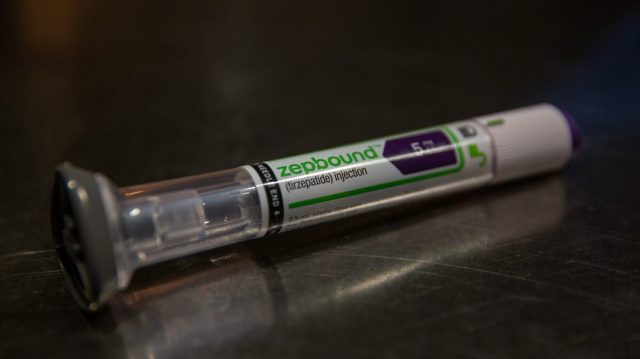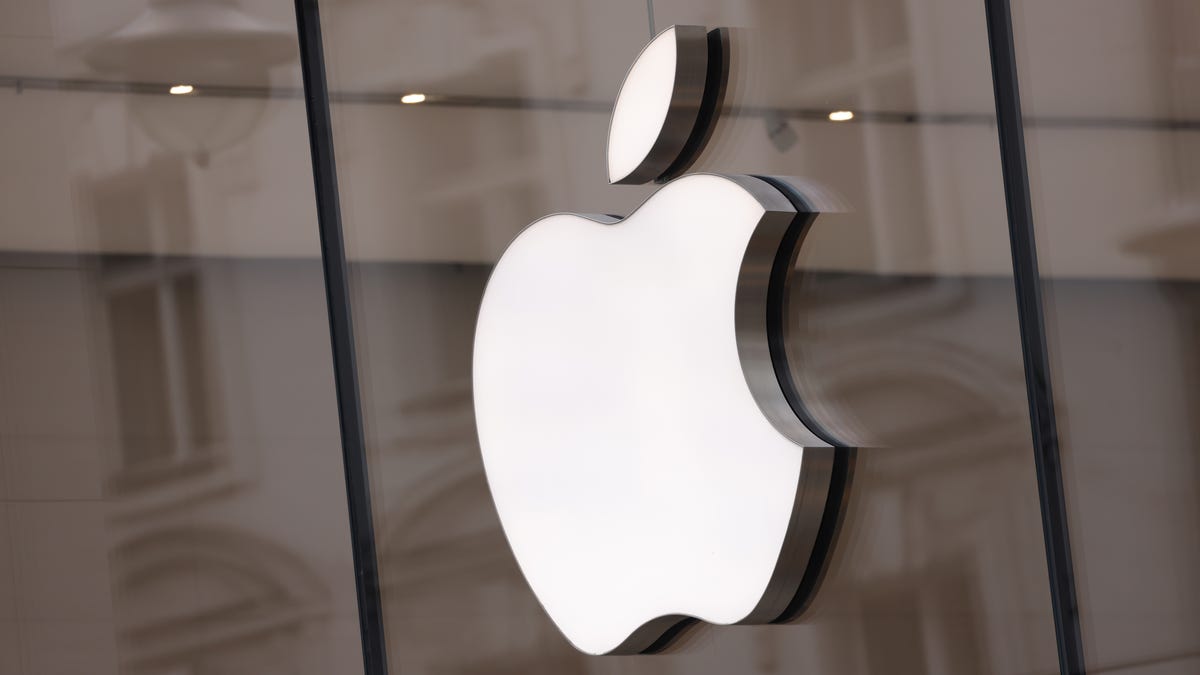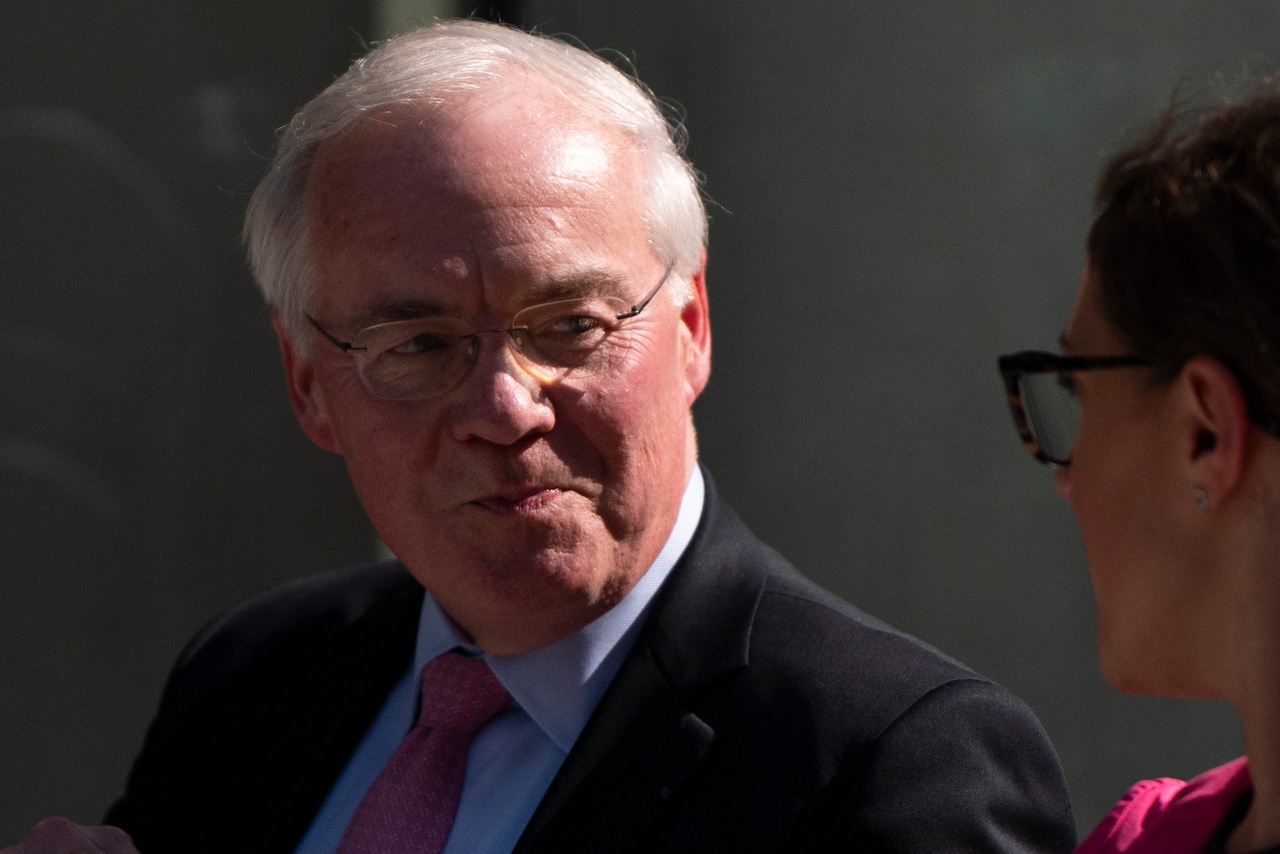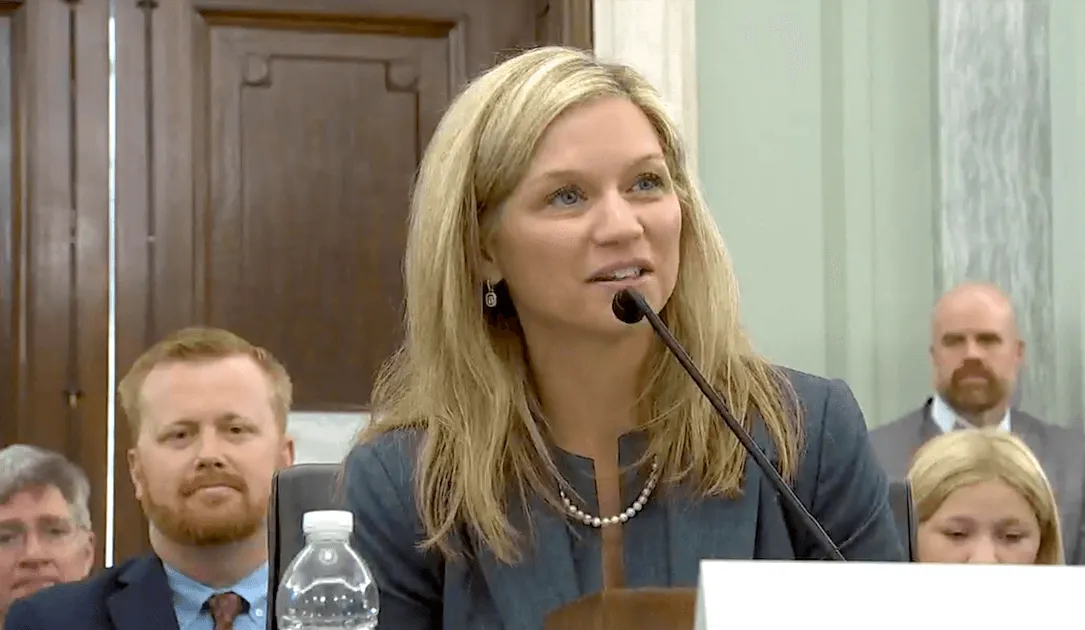Pharma Giant Eli Lilly Launches Legal Assault on Telehealth Startups Peddling Knockoff Weight Loss Drugs
Companies
2025-04-23 20:27:56Content

Pharmaceutical giant Eli Lilly is taking aggressive legal action against four telemedicine companies, targeting those selling unauthorized compounded versions of its highly sought-after medications Zepbound and Mounjaro. This bold move signals the company's determination to protect its groundbreaking drugs in the rapidly evolving weight loss and diabetes treatment markets.
The lawsuit comes as Zepbound and Mounjaro have gained significant popularity for their effectiveness in weight management and diabetes control. By pursuing legal action, Eli Lilly aims to prevent unauthorized reproduction and distribution of its proprietary medications, which could potentially compromise patient safety and the company's intellectual property.
These compounded versions, created by third-party telemedicine providers, represent a direct challenge to Eli Lilly's market dominance and carefully developed pharmaceutical formulations. The legal battle underscores the intense competition and high stakes in the rapidly growing weight loss and diabetes treatment sectors.
As the pharmaceutical landscape continues to evolve, this lawsuit highlights the critical importance of protecting innovative medical treatments and ensuring patients receive genuine, clinically tested medications from authorized sources.
Pharmaceutical Showdown: Eli Lilly Battles Telemedicine Firms Over Drug Replicas
In the rapidly evolving landscape of pharmaceutical innovation and digital healthcare, a high-stakes legal confrontation is unfolding as Eli Lilly takes decisive action against unauthorized telemedicine companies attempting to capitalize on its groundbreaking medications for obesity and diabetes treatment.Defending Breakthrough Medications in the Digital Healthcare Frontier
The Emerging Battlefield of Pharmaceutical Intellectual Property
Eli Lilly's legal strategy represents a critical moment in pharmaceutical protection, where cutting-edge medications like Zepbound and Mounjaro face unprecedented challenges from digital health platforms. The pharmaceutical giant's proactive approach signals a robust defense of its intellectual property rights, highlighting the complex intersections between medical innovation, digital distribution, and regulatory compliance. The compounded versions of these medications pose significant risks not just to Eli Lilly's market position, but potentially to patient safety and treatment efficacy. By targeting four specific telemedicine companies, the pharmaceutical leader is sending a clear message about the sanctity of original medical research and development.Technological Disruption and Pharmaceutical Integrity
The rise of telemedicine has dramatically transformed healthcare delivery, creating unprecedented opportunities for medical access while simultaneously introducing complex legal and ethical challenges. Eli Lilly's lawsuit underscores the delicate balance between technological innovation and rigorous pharmaceutical standards. Compounded medications represent a nuanced challenge in the healthcare ecosystem. While they can offer cost-effective alternatives, they also introduce potential variability in drug composition, efficacy, and safety. Eli Lilly's legal action aims to protect not just its commercial interests, but also maintain the highest standards of medical treatment and patient care.Economic and Regulatory Implications of Drug Replication
The legal battle extends far beyond a simple corporate dispute, touching on broader questions of pharmaceutical innovation, intellectual property protection, and the evolving regulatory landscape of digital healthcare. Each compounded version of a breakthrough medication represents potential risks to patient safety and undermines the extensive research and development investments made by original pharmaceutical manufacturers. By challenging these telemedicine companies, Eli Lilly is effectively defending a complex ecosystem of medical research, innovation, and patient protection. The lawsuit serves as a critical test case for how pharmaceutical companies can safeguard their innovations in an increasingly digital and decentralized healthcare environment.Patient Safety and Medical Innovation at the Forefront
At the heart of this legal confrontation lies a fundamental commitment to patient safety and medical excellence. Zepbound and Mounjaro represent significant advancements in treating obesity and diabetes, medications developed through years of rigorous scientific research and clinical trials. Unauthorized replication threatens not just the commercial viability of these medications, but potentially compromises the precise medical formulations that make them effective. Eli Lilly's aggressive legal stance demonstrates an unwavering commitment to maintaining the highest standards of pharmaceutical integrity and patient care.The Future of Pharmaceutical Protection in the Digital Age
This legal action represents more than a singular dispute; it symbolizes a broader transformation in how pharmaceutical companies must adapt to protect their innovations. As digital platforms continue to reshape healthcare delivery, traditional models of drug development and distribution are being fundamentally reimagined. Eli Lilly's approach suggests a proactive, multifaceted strategy that combines legal action, technological monitoring, and strategic communication to defend its medical innovations. The outcome of this lawsuit could potentially establish important precedents for how pharmaceutical intellectual property is protected in an increasingly complex digital healthcare landscape.RELATED NEWS
Companies

Global Giants Hesitate: Why Major Corporations Are Keeping Distance from Russian Market
2025-04-30 05:55:06
Companies

Local is the New Global: How Nuvei is Transforming Latin American eCommerce
2025-03-12 08:00:39
Companies

Cracking the Productivity Code: Why 6-Hour Workdays Might Be Your Company's Secret Weapon
2025-03-23 11:00:00





